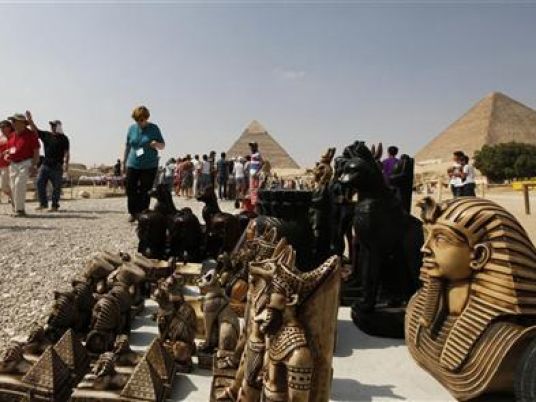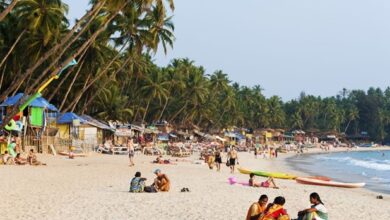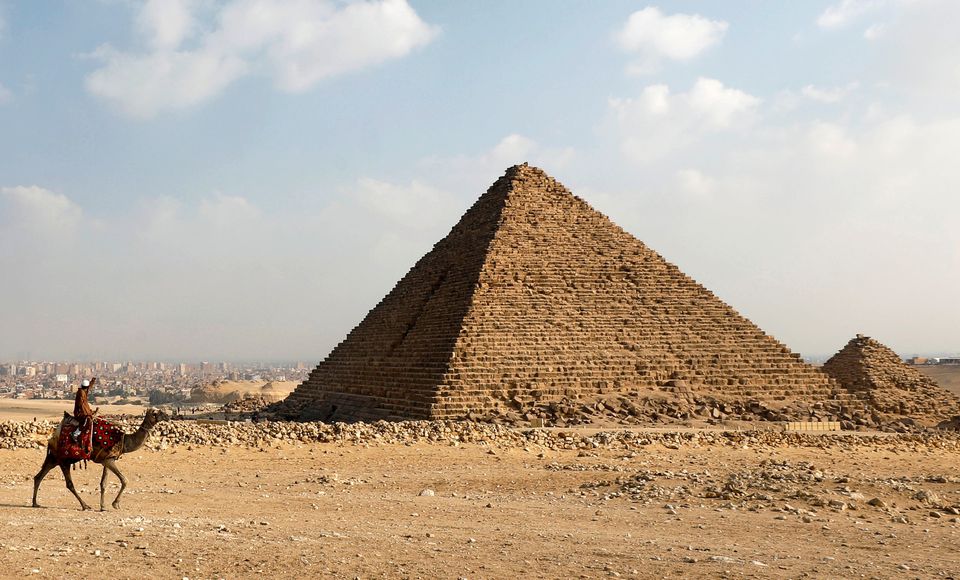
Essam Ali, president of the association of tenants of tourist bazaars in Hurghada, said that Israeli importers are seeking to contract with Chinese factories on goods that Hurghada bazaar tenants had already initially agreed with Chinese factories to import.
Ali added Egyptian merchants had already paid a downpayment for the goods before the Industry and Trade Minister Mounir Fakhry Abdel Nour issued a decision to ban the import of mosaic and metals tourist commodities and pharaonic statues and sculptures from China.
The Chinese exporters whose shipments were denied entry at Egyptian ports upon the minister's decision have repeatedly warned Egyptian importers they would be forced to sell the shipments and would not return the downpayments to Egyptian importers, according to Ali.
The local production of the tourist products Egypt used to import does not exceed 3 percent of the needs of the market, Ali said. Small workshops produce these items of copper, alabaster, ceramics and papyrus, and they cannot cover the needs of the tourist market in Egypt, he added.
The imported products require high technology and huge factories, which Egypt does not possess, beside the lack of trained committed manpower, Ali mentioned.
About 30,000 bazaars were harmed by the ban import decision, said Ali.
Ali said bazaar owners have requested to allow the entry of shipments that have been agreed on before the issuance of the ministerial decision saying the Egyptian merchants have already paid a downpayment and Israeli traders have offered to buy the shipments from the Chinese exporters.
Khaled al-Saadani, an importer of tourism products from China, said that the decision taken by the Minister of Industry on banning the entry of touristic Chinese products to Egypt was not well-studied as there had to be an alternative to the banned products.
The pharaonic artifacts which we import are sold in bazaars in all tourist cities, and no Egyptian factory manufactures them, he said.
Saadani said that Israelis will sell these goods to Russian, Ukrainian, and German tourists, who go on a one-day trip from Sharm al-Sheikh to Jerusalem through the Taba border crossing, who are the same nationalities visiting the cities of the Red Sea.
Edited translation from Al-Masry Al-Youm




